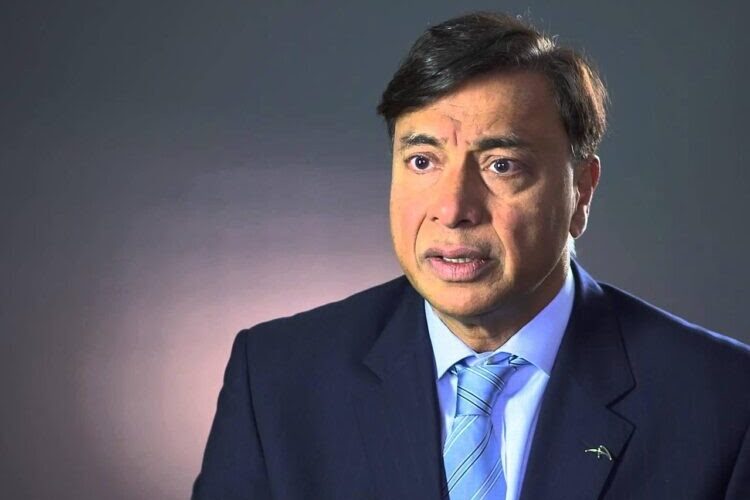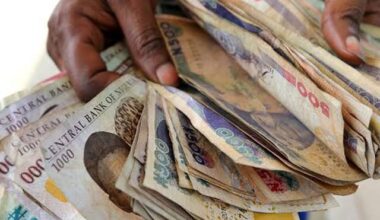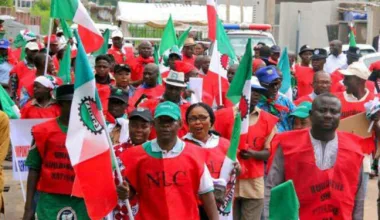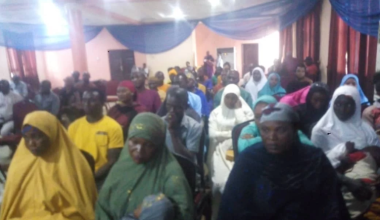After getting the sum of $446 million from the coffers of Nigerian government in settlement for the moribund Ajaokuta Steel Company, London-based Indian national, Pramod Mittal, has planned to use the fund to clear his personal debt.
Bloomberg on Friday that Mittal, who is the younger brother of billionaire Lakshmi Mittal, has a legacy of defunct factories and unpaid bills.
However, he plans on getting a helping hand out of financial distress from Nigeria’s settlement made earlier this year, as the country agreed to pay his company almost $500 million to settle a contract dispute over a deal that was once said to be tarnished by fraud.
Five years ago, Mittal owed $167 million to Moorgate Industries Ltd., a spinoff of one of the largest steel dealers in the world, and the Isle of Man court ordered the liquidation of his company, Global Steel Holdings Ltd. (GSH), which was registered there.
Three years ago, as a UK court considered Moorgate’s plea to declare Pramod personally bankrupt, the Indian national living in London hoped to get compensation from the Nigerian government.
Although the judge did not see it that way at the time, the 67-year-old’s settlement with Nigeria from last year is now looking like his best option for avoiding bankruptcy.
While court documents reveal that payments from the Nigerian government had been sent to GSH’s liquidators, Moorgate still hadn’t received any of that cash as of October 4.
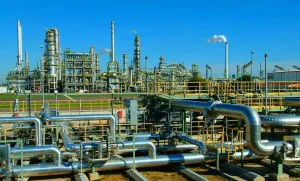
More Insight
In January 2023, Nigeria’s former Information Minister Lai Mohammed stated the government had paid $446 million to GSH’s local unit in various instalments under the settlement.
According to records submitted by the company’s liquidators, between October 2022 and February 2023, the legal firm hired by the Nigerian subsidiary for the mediation transferred a total of £219 million ($272 million) from these monies to GSH’s account.
The settlement, which is equivalent to around 1.5% of Nigeria’s foreign reserves, is the latest chapter in the 44-year-long saga of the massive Soviet-built manufacturing complex in Nigeria.
More than $7 billion in public funds have been sucked into the project, but no metal has been produced. Located 190 km south of the capital Abuja, on the banks of the Niger River, the Ajaokuta steel plant has become a byword for the corruption, poor government, and ineptitude that plague the West African country.
Many people have strong opinions about what should be done with the country’s most infamous white elephant.
Speaking with Bloomberg, a former Nigeria expert for US intelligence agencies and now an associate fellow at London-based Chatham House, Matthew Page, said:
“Ajaokuta has been a black hole that has gobbled up billions of dollars, enriching multiple generations of politicians and foreign enablers.
“This last failed reboot and the giant price tag that came with it is a preview of the next failed re-concessioning attempt. At this point, Ajaokuta’s dilapidated machinery is capable of doing only one thing: making public funds disappear.”
Despite being moribund for years and gulping large sums of taxpayers’ money, the current Nigerian government remains committed to the Ajaokuta plant.
President Bola Tinubu campaigned on a promise to restore operations at the steel plant. His outgoing administration in May took pride in having freed Ajaokuta from Pramod’s legal claim and having done so for a sum far less than the $5.3 billion that GSH had supposedly requested in a settlement.
Last month, Vice President Kashim Shettima claimed the “Ajaokuta plant can be a game changer for the Nigerian nation,” referring to the complex’s potential to one day provide half a million jobs.

